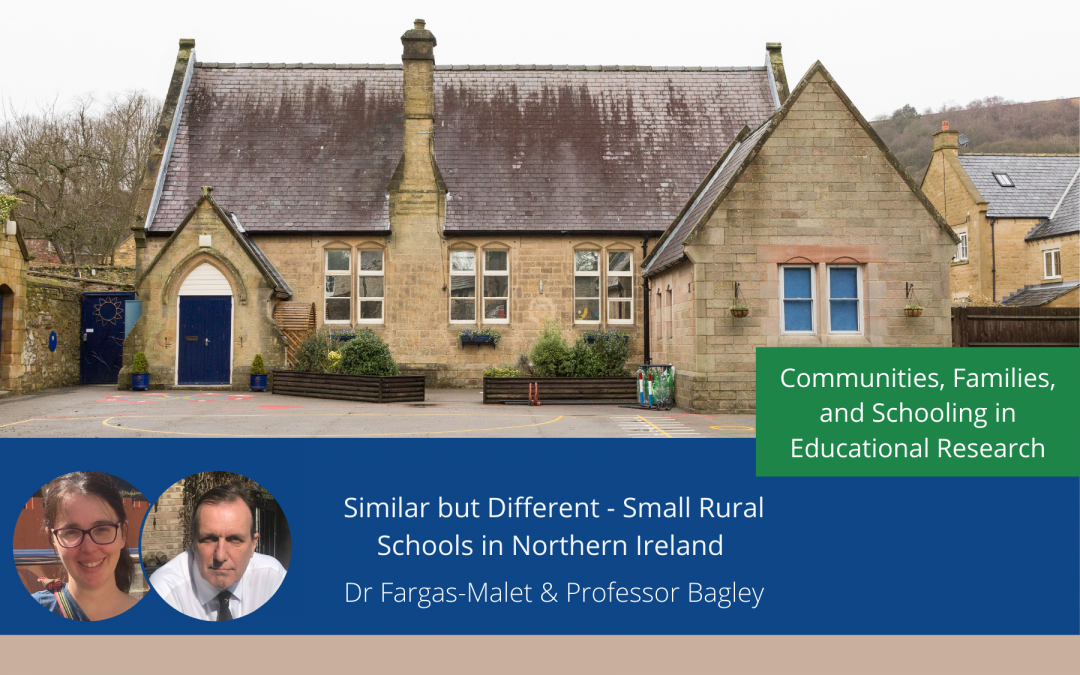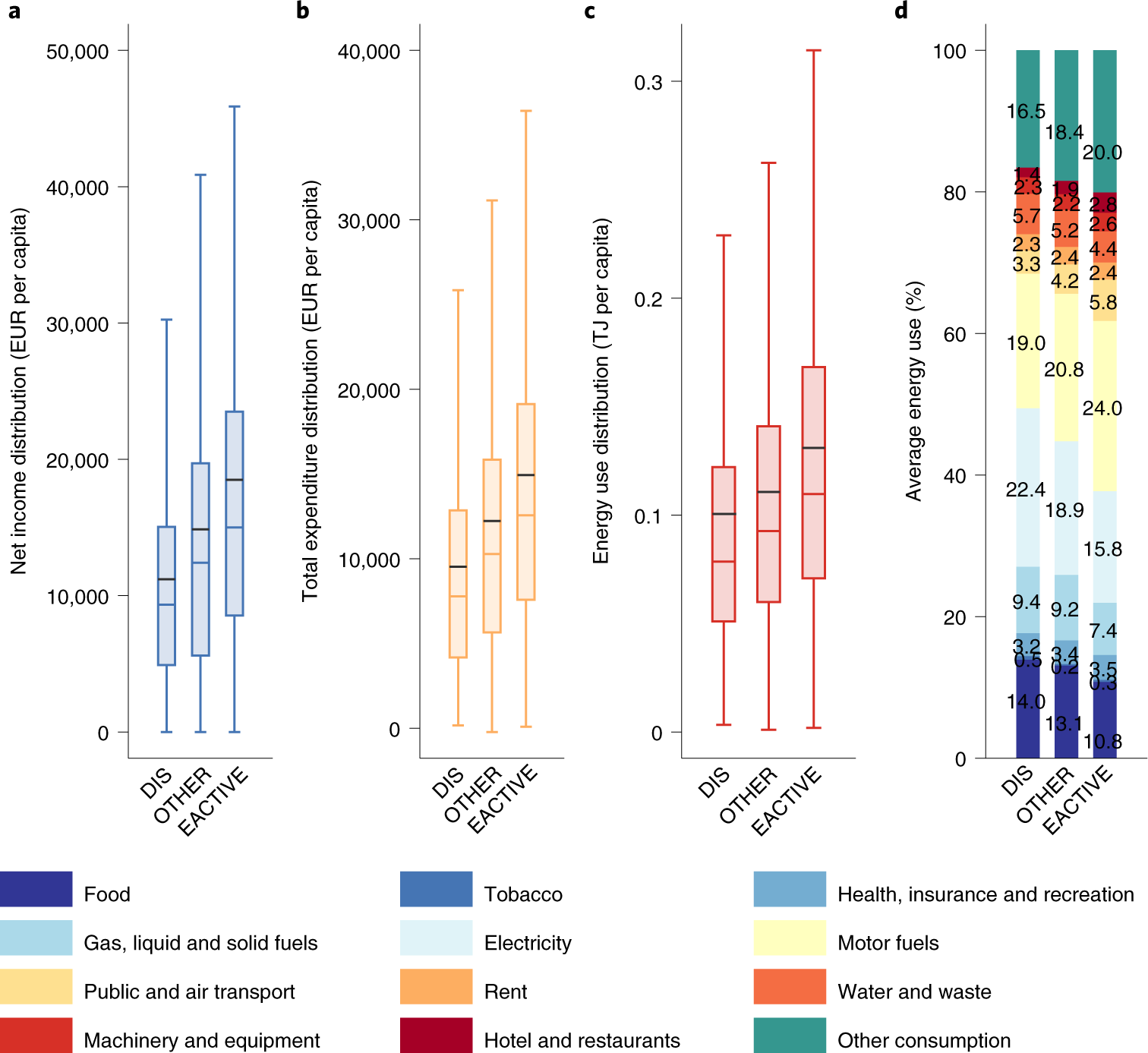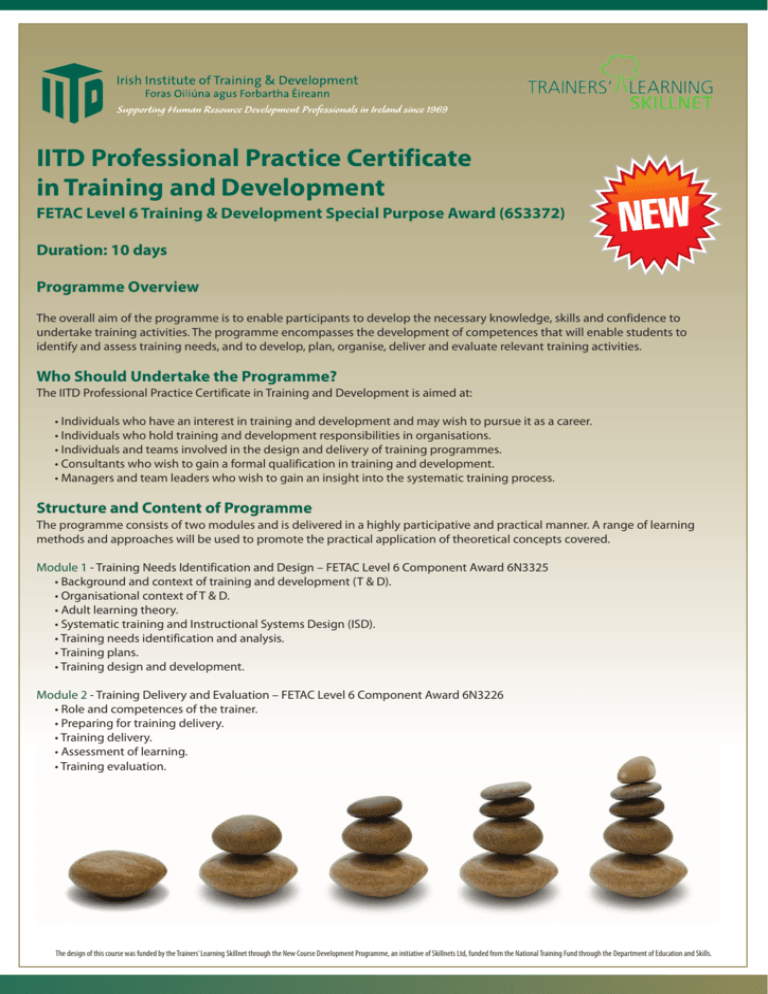The term "special needs" refers to individuals who have physical, mental, or developmental disabilities that may require additional support or accommodations in order to fully participate in society. In Ireland, the context of special needs includes a range of societal, cultural, and historical factors that have shaped the way in which individuals with disabilities are supported and included in the community.
One of the key factors shaping the context of special needs in Ireland is the country's history of institutionalization. For much of the 20th century, individuals with disabilities in Ireland were often placed in large institutional settings, such as hospitals or residential institutions. While these institutions provided some level of care and support, they were often overcrowded, underfunded, and lacking in the specialized care and support that many individuals with disabilities needed.
This situation began to change in the 1970s and 1980s, as a growing movement for the rights of individuals with disabilities emerged in Ireland. Activists and advocacy groups fought for the deinstitutionalization of individuals with disabilities, arguing that they had the right to live and participate in their communities just like any other citizen. As a result of these efforts, the Irish government began to implement policies and programs aimed at supporting individuals with disabilities to live and participate in their communities, rather than being confined to institutions.
Today, the context of special needs in Ireland is shaped by a range of government policies and programs aimed at supporting individuals with disabilities to live full and independent lives. These include the Disability Act of 2005, which established a framework for the recognition and protection of the rights of individuals with disabilities in Ireland, and the Disability Act of 2018, which further strengthened these protections and established a new national disability authority to oversee the implementation of disability-related policies and programs.
Other key elements of the context of special needs in Ireland include the provision of specialized education and healthcare services for individuals with disabilities, as well as the availability of financial supports and assistance to help these individuals live independently and participate fully in their communities. There are also a number of advocacy and support organizations in Ireland that work to promote the rights and interests of individuals with disabilities, and to raise awareness about the challenges and barriers they may face.
Overall, the context of special needs in Ireland is shaped by a combination of historical, cultural, and societal factors, as well as by the efforts of activists, advocacy groups, and government agencies to support and include individuals with disabilities in the community. While significant progress has been made in recent decades, there is still work to be done to ensure that all individuals with disabilities in Ireland have the opportunities and support they need to fully participate in and contribute to society.







-(1).png)

